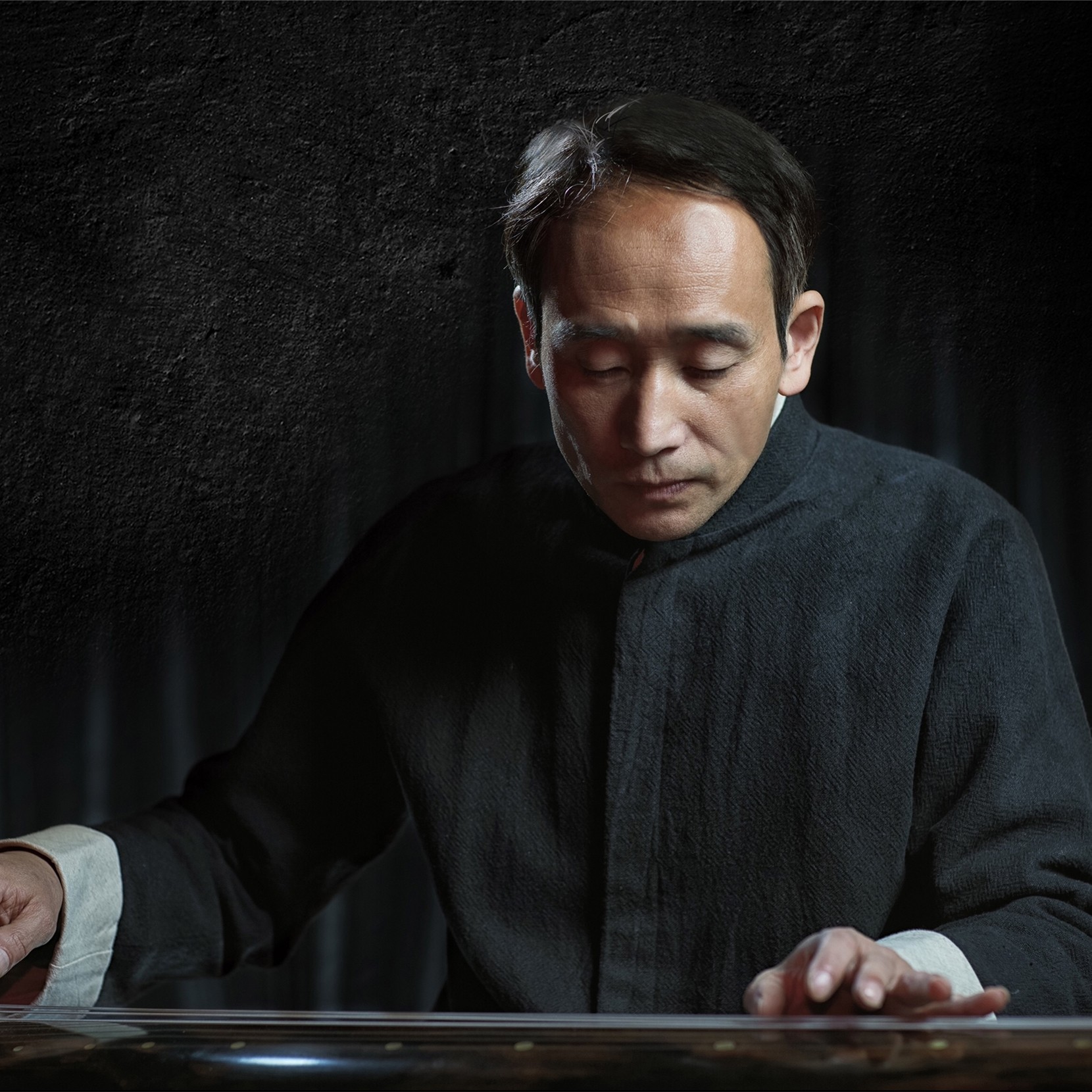Ni Shiyun

Ni Shiyun, a native of Haimen District, Nantong City, Jiangsu Province, China's famous contemporary qin mojo, the fourth generation inheritor of the Mei 'an Qin School, the representative inheritor of the intangible cultural heritage of Jiangsu Province "Guqin art" (Mei 'an Qin school), serves as the director of the Chinese Kunqu Opera Guqin Research Institute and the executive director of the Chinese Qin Association.
Love Guqin since childhood, in the early 1990s began to study Guqin production, and worship the Guqin master Wang Yongchang as a teacher, systematic learning of Mei 'an Qinqu, also get its guidance.
After years of efforts, the art of its mojo is gradually affirmed by the mojo world. The book "Qin Dao" has made special introduction to "Ni Qin". Ni is one of the six people who have achieved great achievements in the book Chinese Guqin Art (first edition) by People's Music Publishing House.
In the 1990s, he began to make guqin with personal style, and began to customize guqin according to the characteristics of Xiqin in Jiangnan.
At the beginning of 2003, Ni Shiyun formally established Haimen Lei Yin Shouqin Workshop, into the road of professional Shouqin. His works are collected by people from all over the country, Hong Kong, Taiwan, Japan, Europe, America, Singapore and other places. Its instrument has been selected by some piano players for stage performance and recording. For example, DVD records of Suzhou Wang Duo's work on Guqin, Silk Tong Lectures, and Nanjing Li Jia 'an's guqin album, Sound of Nature. The guqin album "Ripples" published by Professor Dai Xiaolian of Shanghai Conservatory of Music (Shanghai Music Publishing House Shanghai Literature and Art Audio & Video Publishing House) uses a guqin of Fuxi style that Ni Shiyun made with fir wood of Ming Dynasty in 2008.
In 2006, the National Musical Instrument Branch of China Musical Instrument Association awarded Ni Shiyun the certificate of "Famous Guqin Maker". Ni Shiyun's guqin is known as "Ni Qin" in the industry. "Ni Qin" simple lines, elegant appearance. The most distinctive feature is the excellent hand feel after the falling finger of Ni Qin, which is very popular among Qin people.
"Ni Qin" early, due to the strict attitude of the qin, workmanship, material output are very strict. In order to seek the sound of gold and jade, the initial tone of Ni Qin is slightly sonorous, and its shape is thinner than the current works. And the material of the instrument itself was relatively traditional at that time, so the music was hard. Empathy takes a long time to develop. So it was always considered to be easy to play and hard to keep. But the sound that comes out of it is truly primitive and appealing. After 2000, wood such as old beams was used. The piano resonates better than before. The fine part tends to be soft and soft, and the lower part is delicate. It's commendable. It is easy to play and maintain. The value of playing and collection continues to rise, and the natural price has also begun to rise.
 渝公网安备 50010702504639号
渝公网安备 50010702504639号